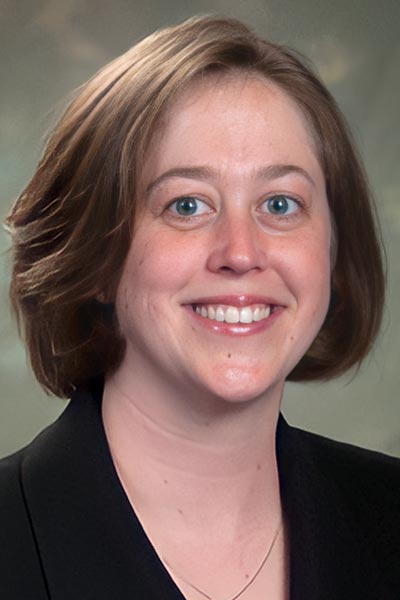As more and more emergency nurses leave the profession, the disparity between increasing patient needs and the pool of experienced triage nurses continues to grow. Triage was once reserved for ED nurses with at least two years of experience, but with workforce shortages, more novice nurses have filled this role.

“We have less experience at the bedside, and we need to help close that gap. Education is one of the ways to do that,” said 2014 ENA President Deena Brecher, patient care lead at the California-based tech company Mednition. Since 2019, ENA has collaborated with the company, using research and machine-learning technology to update, enhance and expand the use of the Emergency Severity Index triage system.
Brecher will discuss strategies for teaching about triage to emergency nurses at different career stages in “Ah Ha Ha Ha Staying Alive: Triage Education that Makes a Difference in Our New World” at 3:30 p.m. Mountain time on Oct. 1 in rooms 505-506-507.
“If I’m putting a nurse who’s got 25 years of experience into triage, I teach one way,” she said. “But if I’m putting somebody who has 18 months of experience in the ED into triage, then we need to recognize that they’re going to have different needs and we need to think differently about how we’re providing that education.”
The interactive 45-minute session will address how to close triage competency gaps among new emergency nurses and seasoned practitioners by reviewing common conditions seen in the ED, including altered mental state and high heart rate.
“This session is about being able to provide triage education focused on where our actual opportunities are, so we can improve the accuracy as quickly as possible,” Brecher said. “We don’t need to diagnose in triage. We need to identify those high-risk patients and get them the care they need.”
She will discuss common acuity assignment errors with significant consequences on patient outcomes that have been identified through the analysis of more than a million triage records. The presentation is geared toward ED educators, leaders, managers, directors and nurses.
“Come with an open mind,” Brecher advised. “Just because we’ve been doing it a certain way forever, doesn’t mean it’s the right way to do it.”
Register Today for Emergency Nursing 2023
Registration for Emergency Nursing 2023 is still open! Level up with ENA and thousands of your emergency nursing peers in sunny San Diego on Sept. 21-23. Attendees can look forward to immersive experiences with hands-on learning opportunities, high-quality sessions, networking events and can’t-miss celebrations sure to propel their careers onward and upward.

